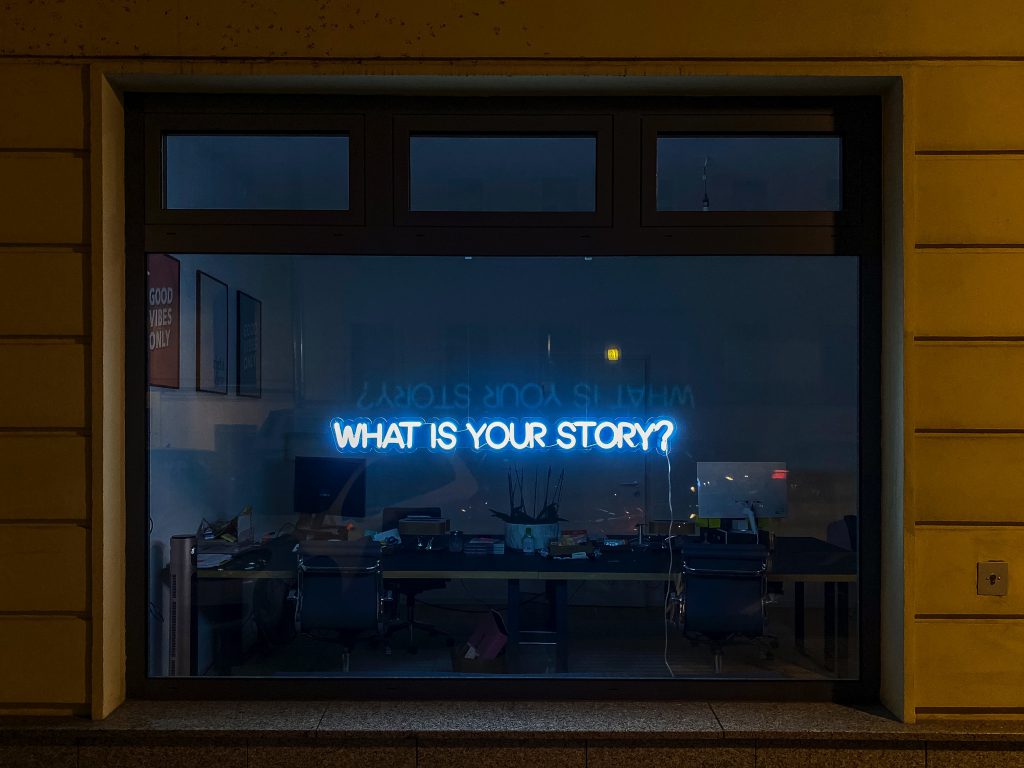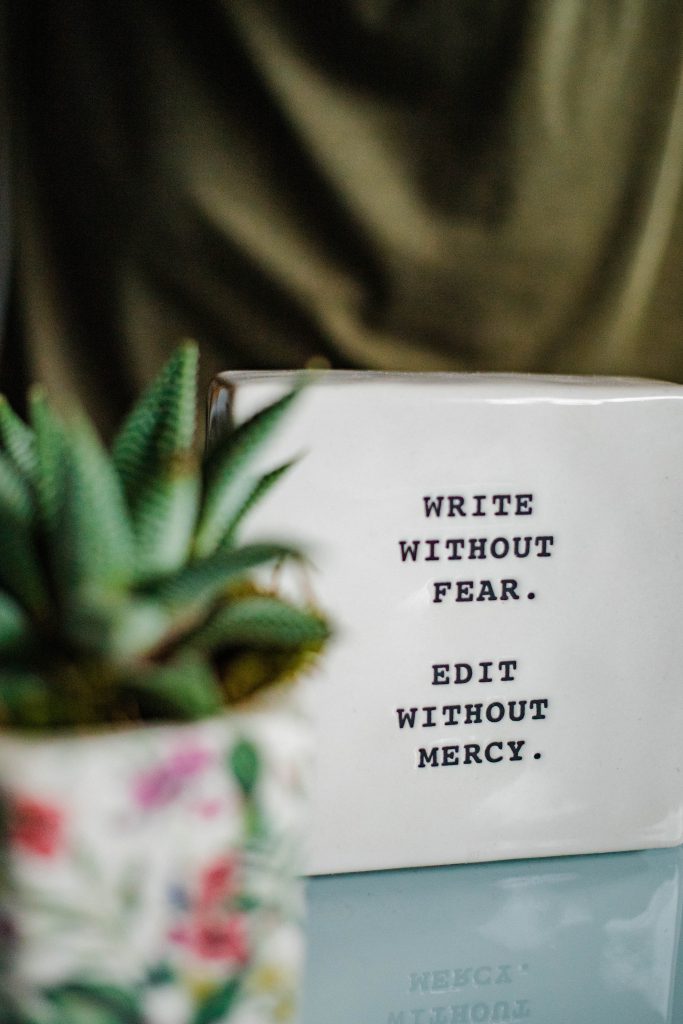Tellwell editor Simon Ogden’s advice to first-time authors
By Simon Ogden, Tellwell editor
Welcome!
You’ve done it. You’ve committed to the writing life. How are you feeling? Excited? Scared? Bored? Lonely? Us too. Welcome to the band—we’re delighted that you’ve decided to join us. We’re a bizarro group and legion, all of us utterly, fantastically, bewilderingly unique, except for one little idiosyncrasy: we all have stories screaming and punching and kicking inside of us that we need to wrestle into the world. There are many out there with the same constipation as us, but they may let it loose through interpretive dance or song or watercolours, or by yelling it into the faces of people in line for the bus. But not us. Not we. We’re the scribes, the men and women of letters. We adore specificity and nuance. We love the tranquility of words nestled on a page, the calm, rational, and quiet way they present themselves to our audience. Our hearts beat for that alchemic conversion of action and imagery and diaphanous emotion into the solidity of language. We’re the Hobbits of the storytelling tribe, and we don’t give a fig if you haven’t yet been paid for your writing. If you’ve managed to set a word down on a page and followed it, tentatively or resolutely with another, you’re one of us and you are welcome here. Make yourself comfortable and we’ll put the kettle on.
As a brand-new author, the first thing you need to be clear on is that all those concerns you have about what comes next and exactly how this whole writing puzzle works—samesies! We’re right there with you, in one way or another. This, like all great and worthy art forms, is a mentorship trade, like sculpture or carpentry. The longer you do it, the more sense it makes, and the more your lovely, unique, necessary voice rings out melodically to the readers who need to read that thing in that way at that precise time, and they will be grateful in ways none of us can hope to fathom. Delightfully, unlike most mentorship trades, our mentors are all around us: our bookshelves groan under their weight, our end tables disappear beneath them, our bathwater occasionally reshapes them for us.
Read and find inspiration
The all-time, number one, pin-it-to-the-top-of-your-list chunk of writing advice from anyone worth listening to will always be: Get your nose in as many books as possible. Find the authors who talk in the way you want to be talked to and ingest their work.
The second piece of advice toward becoming a better writer is—no surprises here—to write a whole bunch. It’s a close number two, but make no mistake, number two it is. It would be hard to build a nice house if you’ve never been inside of a nice house, no matter how many nails you’ve hammered into a board. However, in the wake of these bits of obviousness, the sea of writing advice starts to get a little choppy. What is revelatory for some from here on forward may be pure bilge for others. There is a freakish amount of writing advice out there to shovel up if you choose to dig for it. Give it all due consideration, but understand as you do that there is no specific method applied by another artist that is also exactly your method. This is the essence and provenance of art. If some “genius” advice doesn’t resonate with you, it ain’t your soup—chuck it and move on.
Don’t sweat the details
Here’s what you should not be stressing about right now, at the threshold of your shiny new writing life: the housework. The technical palaver. There seems to be an inordinate amount of speedbump-inducing concern among fresh writers over spelling and punctuation, and some vaporous anxiety over “structure” and “plot” and whatever, to the point where a huge percentage of would-be writers freeze up, crumple their dreams into an inky ball, and speedwalk away, heel-toe, heel-toe, noping off into the sunset. It’s a total con. All that stuff will distill into your own awesome style thousands upon thousands of words down the trail. The housework is what your editor is for.
Behind every great writer is a great editor
Publishing a book always and forever has been a partnership between the author and an invisible guiding hand, and your editors will be your greatest champions. Forget the lone gunslinger bit, every author you love has a partner with a red pen, someone they trust and have worked with forever and whose job it is to help them shoot straight. Contrary to a sadly all-too-prevalent belief, editors are not engaged to come rattling in, shoving you away from the keyboard to vivisect your story—quite the opposite. Their job is to listen to your music, get in sync with your style, and help smooth out your melody. If an editor changes a sentence in your manuscript to the way that they would have written it, then you’ve fond yourself a bad editor, and you should send them on their way. Their sole concern should be strengthening your prose, and it’s a subtle, divine calling.
Keeping your voice
We are here to help you publish the brightest version that your book wants to be. We want you to be happy, not some arbitrary literary-standard authority who doesn’t exist. Despite what your grumpy high school English teacher tried to buffalo you with, the truth about the rules of grammar and structure is that they’re actually fairly malleable, and writing your first draft is not in any way an exam to be graded upon. All that matters right now is that story inside of you, and it is vital and healthy and unbelievably generous that you spend the time you need to extract it from your system so it can be shared. At this tremulous point in history, we need storytellers to connect us to each other in unifying circuitry. We have the power to connect, linked directly mind to mind, and sometimes connection is enough to get us through to tomorrow.
Your first draft is but the rough concrete slab your project is built upon. Once it’s on the page, get a good editor on your team and watch how it rises to become the beautiful thing is was meant to be. Working with an editor is a dialogue with someone who is super nerdy and desperately in love with this thing that you’ve started doing. In the end you will always have final say over how you want it to live in the world, and we’ll figure out where to put the stupid commas in later.
We’ll get into some of the technical details of the craft in later posts, and offer some insights into how we editors view the world of words. But for now, we just wanted to say thank you for joining us, and for adding your voice to the chorus. Please make yourself at home.




